Didibahini Dhaka Udhayog Catalogue
Please click here and select your item. Dhaka Catalogue Final ...
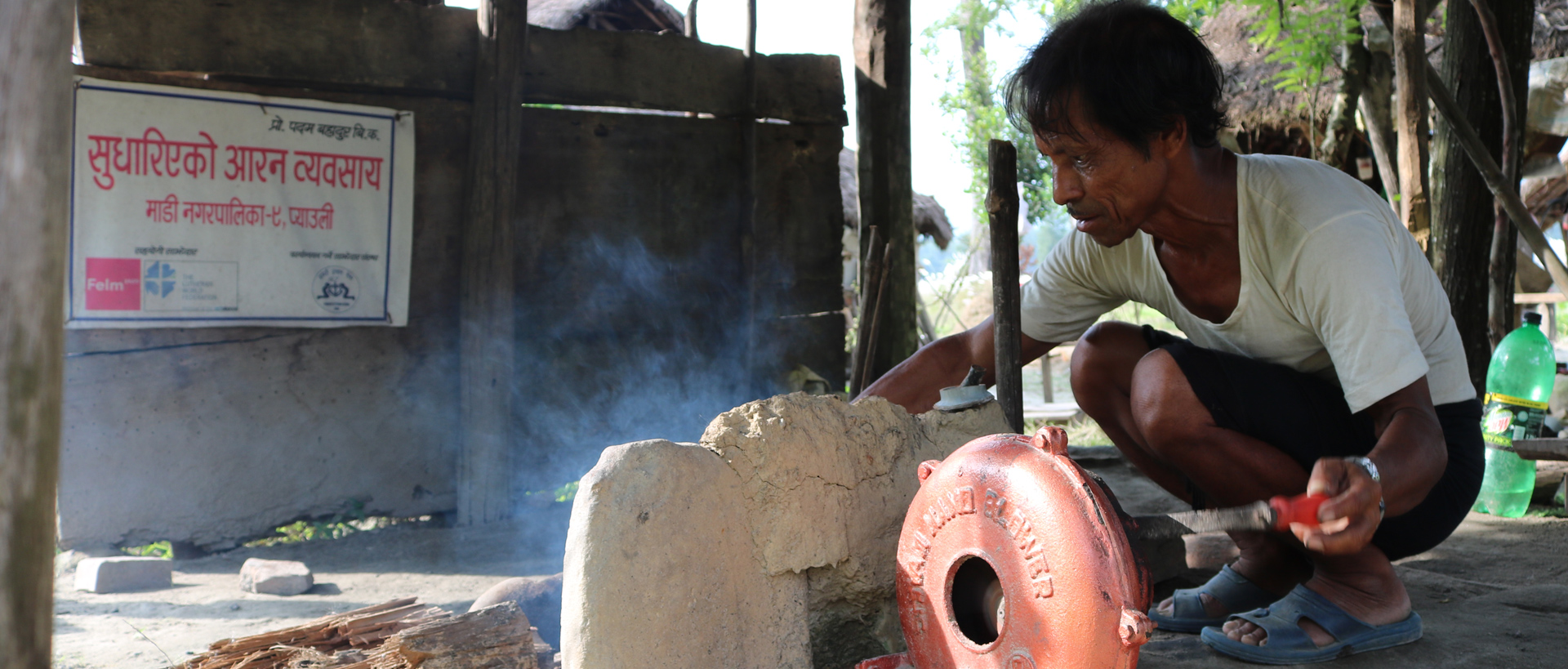
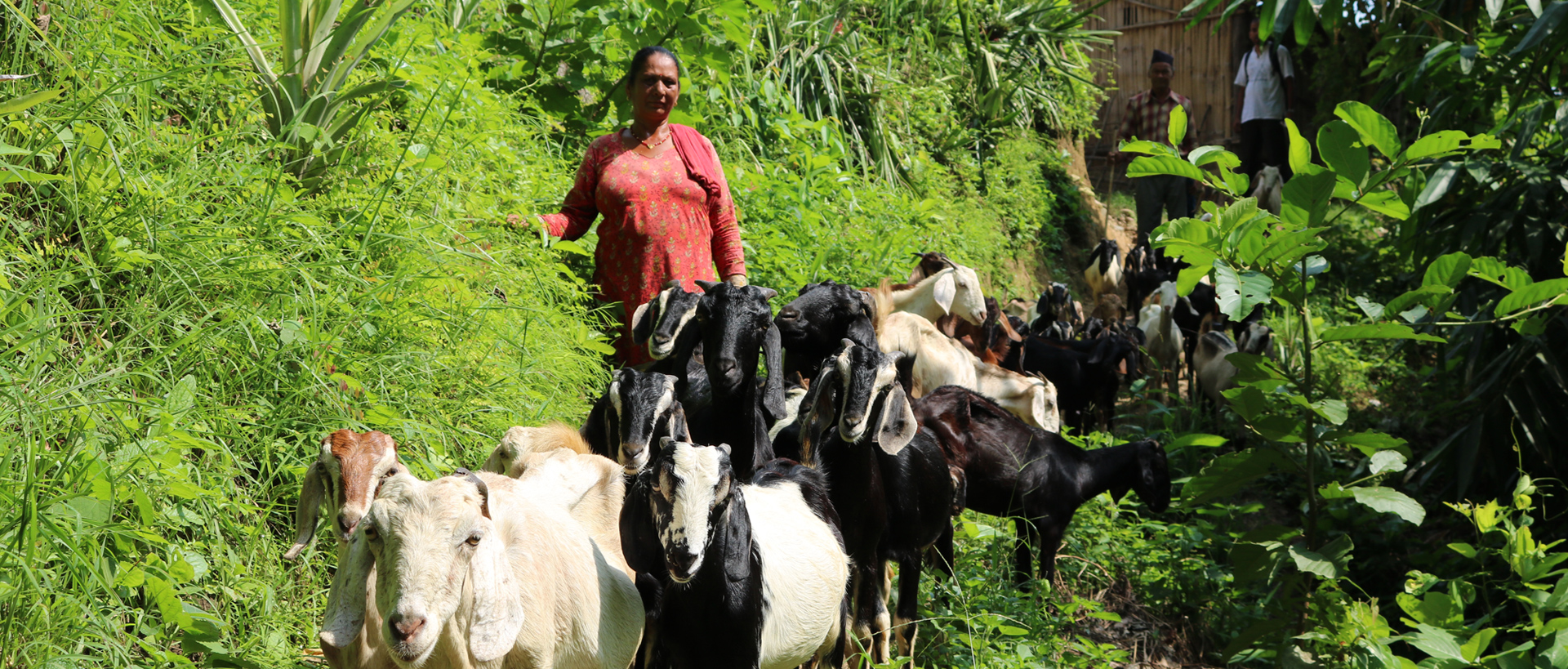
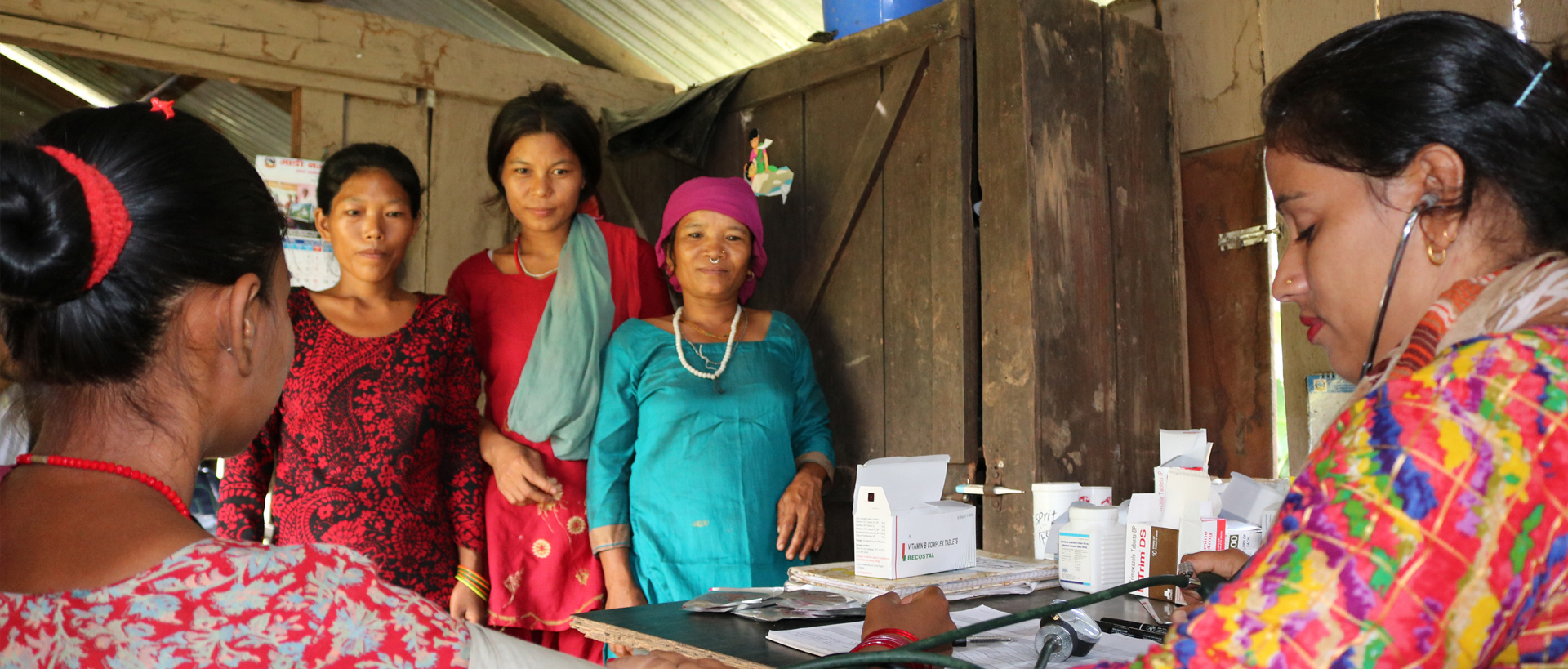
Please click here and select your item. Dhaka Catalogue Final ...
Once Manmaya obtained the citizenship certificate, her daughter-in-law Bimala made documents that would be helpful in getting allowance for elderly people. Manmaya received her allowance for the first time in Kattik 2078. She was happy, “I can get the allowance sitting at home now. So,......
Chandra Urau, 36, a resident of Morangg Rangeli 2, used to be busy with labor works all day. It was difficult for him to upbring 3 daughters and a son in the everyday income he would earn. He had stressful days every day. He would......
Sarimaya Magar, a woman from ethnic community was illiterate and landless. She did not have any options of income. She was distressed to take loans in high interest whenever difficulty aroused in her family. SUS formed a women’s SHG in the village. In the starting......
Padam Muni Hasta and Johana Hasta from Rangeli Municipality, 2, Morang were earning their bread from 10 Kaththa land harvesting twice a year. They used to grow either paddy or maize, or paddy or wheat and sell the harvest putting some seed for themselves. This......
Sharada Gayak from Chitwan, Madi Municipality used to feel tough to talk to new people until a few years back. Mostly Chepang and Dalit dwell in her area. Almost all women would hesitate talking to new people, it would be more difficult for them to......
≈≈≈≈≈≈≈≈≈≈≈≈≈≈≈≈≈≈≈≈≈
“Help Samaritan to serve Dalits of Nepal, who are at the bottom of the society. You can support our communities through giving them moral support, showing heartfelt humility and respect to makes them aware that someone really does care about them and trying to improve their socio-economic conditions. Make a donation to Samaritan Uplift Service (SUS). So, we can ensure that they will be able to feel the message of love, faith and hope.
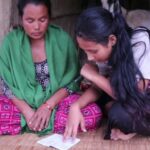
I do not have land, but I do farm in 10 Kattha land in fifty-fifty sharing terms. The farm product is almost enough to feed my family. However, I have been facing difficulties even purchasing stationary and paying school fees for my children, because I do not have other sources of income. I do not hide my health status. My villagers also know that I am an HIV survivor: my husband was also dying of HIV. Previously, I have faced discrimination because of my status. Nowadays, no one discriminates against me as I am also active in social work through Woman’s Group formed by Samari Utthan Sewa. I am clear that keeping up spirits is an important part of continuing my fight against HIV infection. I am living with the virus without thinking about it, because the uncertainty about death is an undeniable part of life.
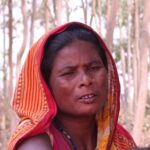
“When a woman would speak, they would say pothi báseko rámro hudaina (it would bring bad luck when a woman speaks). So, we would lay ourselves inside ghumto. However, now our women who are associated with a SHG and CBOs formed under the SUS’s projects, now they are able to put their voice in concerned places. They are now able to visit ward office/rural municipality office or district administrative office and put their own voice and work for themselves. Whenever I am able to speak, I already know to claim my rights. I already know about the government’s support for some matters and how we can get those support.

I had opportunity to accompany the initiation and development in its beginning. Samari Utthan Sewa (SUS) was initiated by the group of experienced community development workers. These, themselves also low caste people, felt calling to work for other oppressed, especially Dalits, women and landless. These people were aware, how Jesus met and treated Samaritan women and community, the discriminated people of his time. His equal and respective attitude towards these oppressed groups, became symbolic for the working values of SUS. Similarly, faith, hope and love has been taken as basis for the organization’s service.
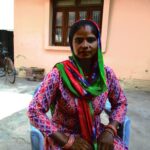
SUS supported to establish Deep Jyoti Mahila Utthan Samaj (a CBO) with selected 50 group representatives. I am leading the CBO as a Chair. Samaj has been helping local women’s self-reliance activities, develop leadership skill, raise voice against violence against women. It has been providing training in tailoring clothes, animal husbandry, cultivating vegetables and other income generating skills. After attending the training, to promote small entrepreneurship, the CBO has been providing, based on their entrepreneurship, 6% loan of 20 thousand, 15 thousand, 10 thousand. It has not only been working to make women self-reliant, but also to mitigate violence and work for providing justice to women.

